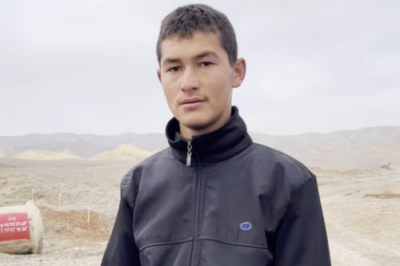We use audience measurement tools (such as Google Analytics 4 and Clarity), via Google Tag Manager, to understand how the website is used and to improve it. The data are used for statistical purposes only and are not used for targeted advertising.
On the Tajik-Kyrgyz border, scarred lands begin to heal
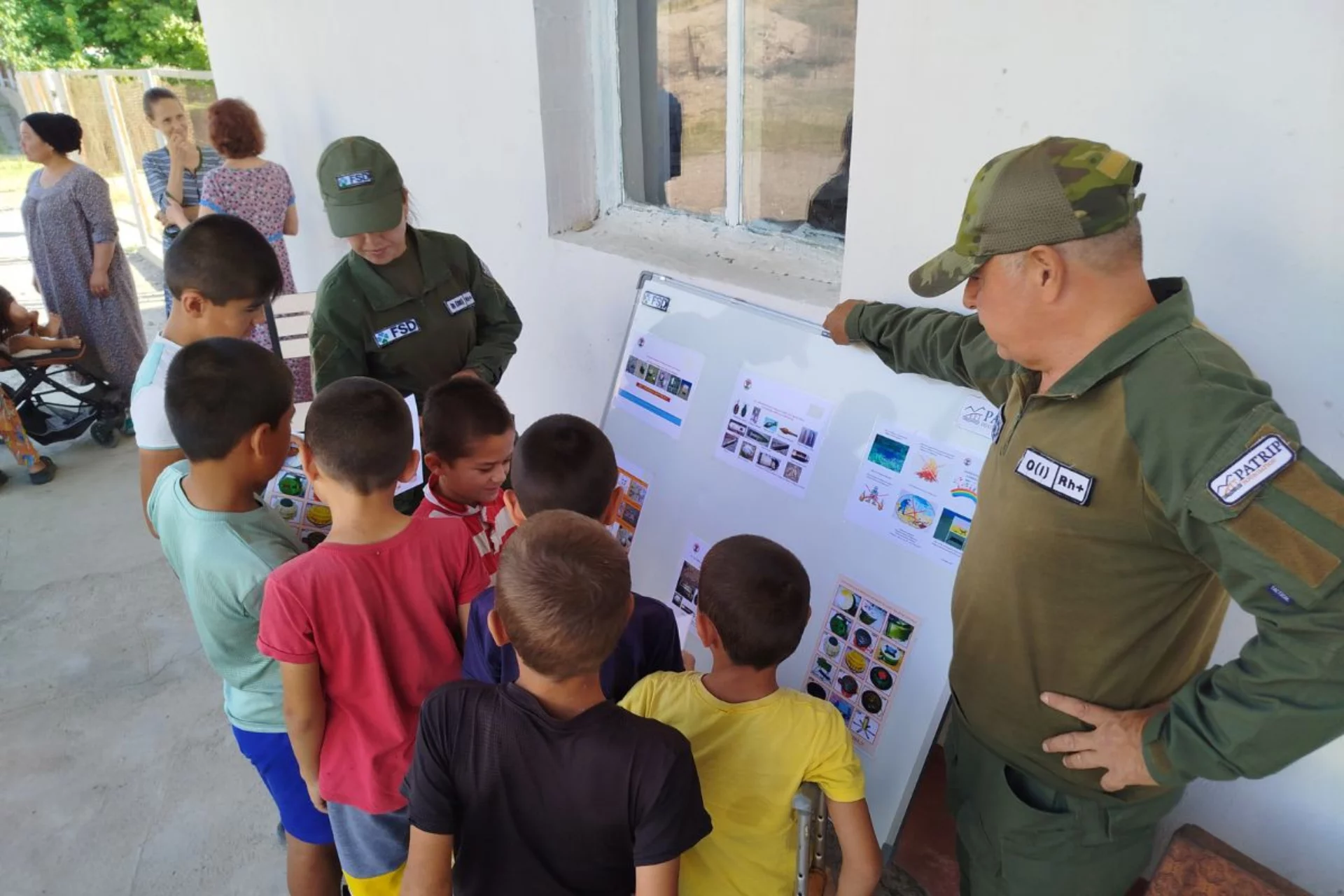
In Central Asia, on the border between Tajikistan and Kyrgyzstan, the FSD is clearing land still contaminated by mines and helping the villages of Shurob and Chorkuh to recover through rehabilitated infrastructure and collaborative agricultural projects.
In the villages of Shurob and Chorkuh, in northern Tajikistan, the scars of civil war and regional tensions are still visible. These communities lie directly along the border with Kyrgyzstan. In 2021, armed clashes broke out in the area, forcing families to flee. Shared lands between neighbours were contaminated with explosive remnants of war.
Today, these areas—used for seasonal harvesting, grazing and wood collection—remain dangerous. Unexploded ordnance prevents communities from safely accessing essential natural resources and resuming daily activities. For several months now, FSD’s deminers have been working in the region to secure the land and enable families to rebuild their lives.
Learning how to stay safe around explosive hazards
In Shurob, over 2000 people have participated in explosive ordnance risk education sessions led by FSD. Children, teachers, healthcare workers and local residents have learned how to recognise explosive devices and adopt safe behaviours until the land is fully cleared.
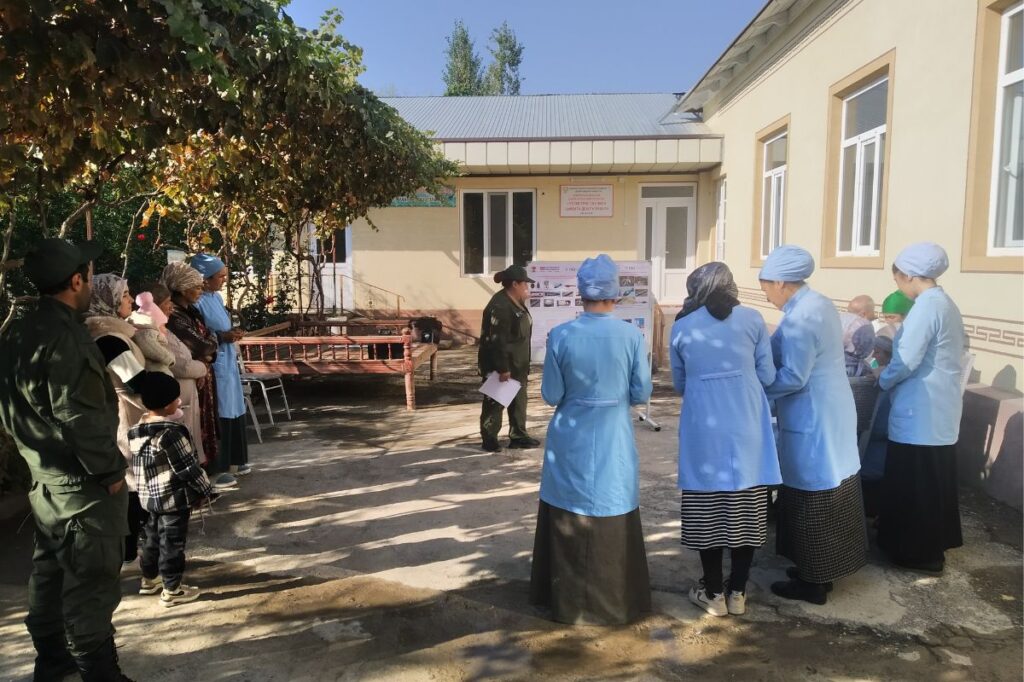
Pastures made accessible again
More than 80,000 square metres of land have already been cleared by FSD around Shurob. This long and careful process is crucial to allow families to safely resume activities like foraging and grazing their livestock.
We used to graze our animals just next to the houses—only about 200 metres from the contaminated field. Once the land is cleared, we’ll be able to return safely with the animals and access the water reservoir again.
Vital infrastructure rehabilitated
Shurob Hospital, like other local infrastructure, was not spared by the conflict. Power outages were frequent, and access to drinking water was limited. As part of its activities in the area, FSD installed solar panels and a water tank at the hospital, significantly improving patient care and working conditions for the medical staff.
With peace returning to the area, we expect to receive patients not only from Tajikistan but also from Kyrgyzstan—just as it was before the conflict.
A community greenhouse for food security
In the nearby village of Chorkuh, FSD has established a communal agricultural space. Managed by a group of women, the greenhouse provides fresh vegetables for local consumption and for sale. The initiative supports food security in a region weakened by the impacts of climate change, while also strengthening the economic independence of the women involved.
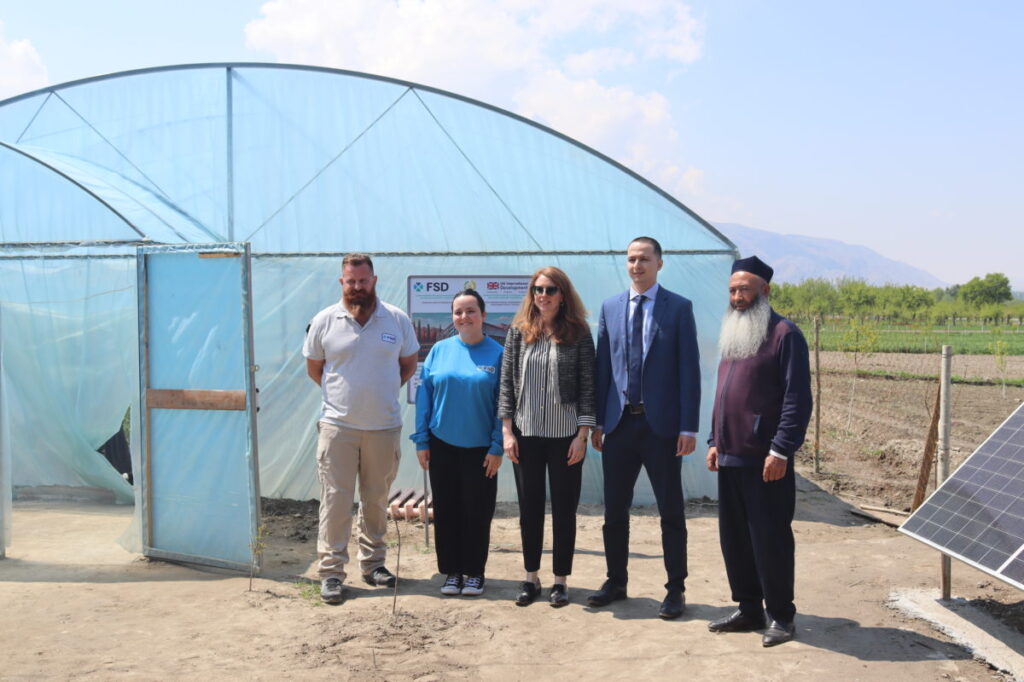
As residents of Shurob and Chorkuh gradually regain access to their land and a safer daily life, FSD continues its work in the region. Despite the challenges, Tajikistan has committed to clearing all mines and explosive remnants of war by 2032.
Active in the country for over 22 years, FSD will continue to work hand in hand with local authorities to help achieve this goal—building, village by village, a safer and more secure future for the next generations.
This project is supported by UK International Development from the UK government.
View all
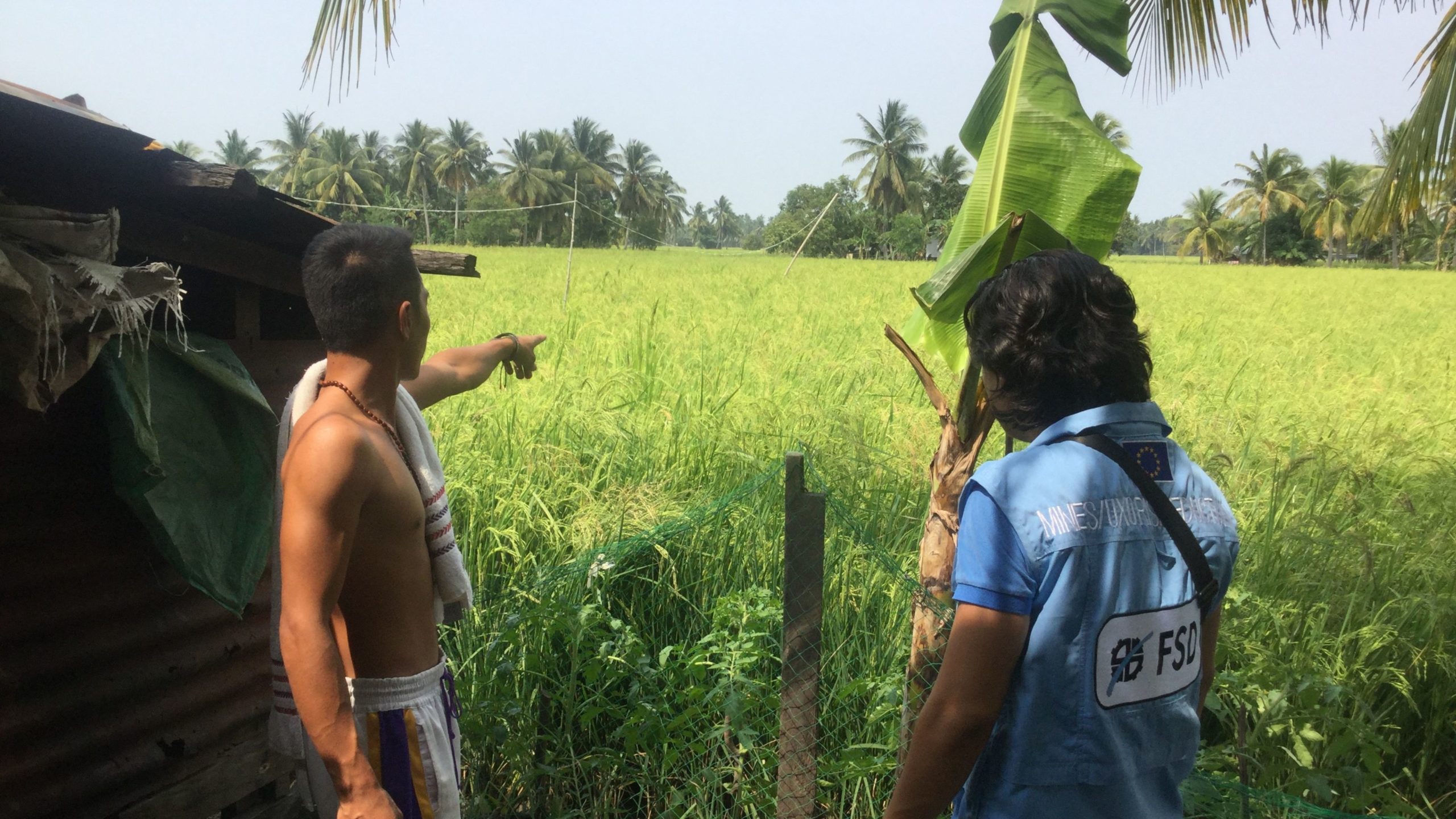

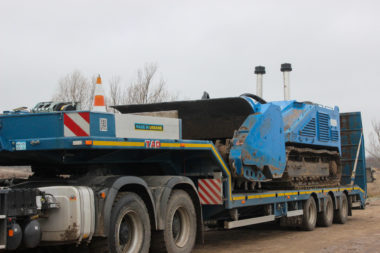

Mindanao: A New Operational Centre Enabling a Rapid Response to Explosive Risks
Until recently, many residents were reluctant to report the presence of these items, due to fear, mistrust, or a lack…
Humanitarian demining Non catégorisé Philippines

QR Codes to Save Lives
In Kharkiv province, Ukraine, residents live every day with the invisible yet very real presence of explosive remnants of war. FSD…
Prevention and risk education

FSD strengthens Ukraine’s mechanical demining capacity
FSD has launched a new project funded by the Swiss State Secretariat for Economic Affairs (SECO) to help the State…
Machines, drones and technology Humanitarian demining Non catégorisé
